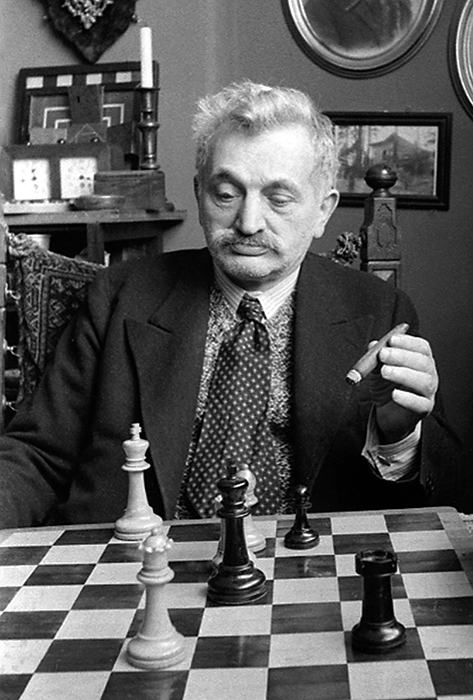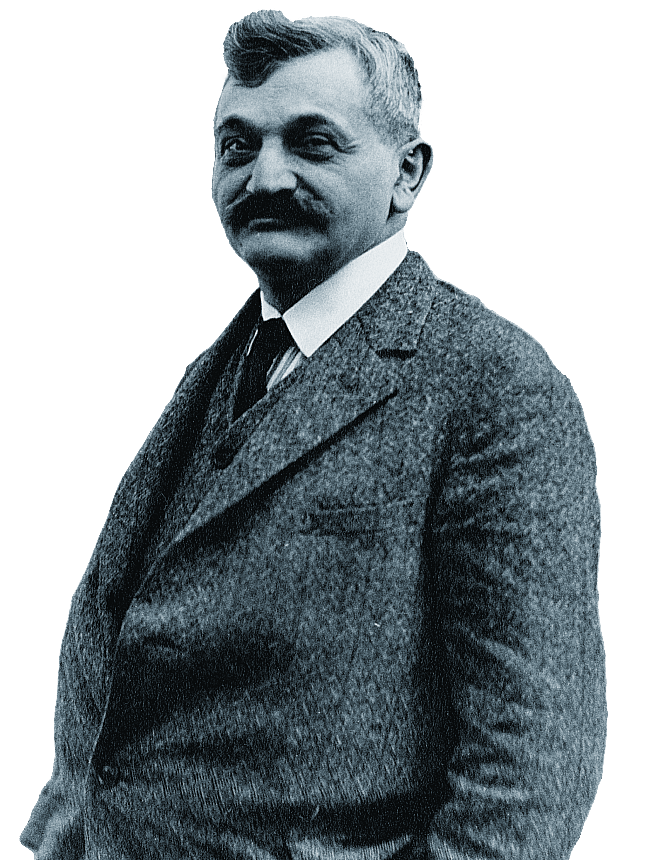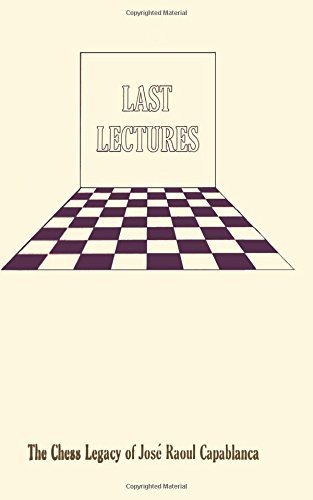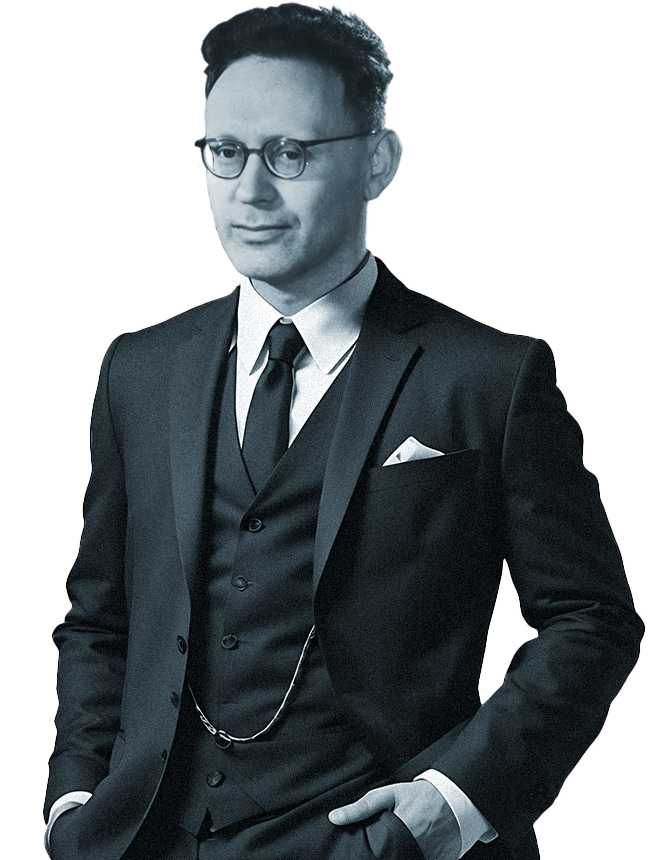Emanuel Lasker
Biography (1868–1941)
The chess long-liver, who hold the title of world champion the longest time in chess history: 27 years (1894–1921). Doctor of Philosophy and Mathematics.Born in Germany, Lasker began to play chess in student tournaments, since 1889 he played in international ones. During 1889–93 he won several large tournaments and matches versus famous chess players, and inspired by success, challenged the world champion Steinitz. Confidently defeated him in the match (1894) and the Rematch (1896/97). Lasker proved his right to the crown in the first places in the strongest tournaments, and then successfully repelled the “assault” of challengers Frank Marshall (USA), Siegbert Tarrasch (Germany), Dawid Janowski (Russia/France), Carl Schlechter (Austria). Lasker was an extraordinary strategist and psychologist. Having lost interest in the highest title, he gave it up in the match vs J. Capablanca (1921) but continued (with some pauses) successfully playing in tournaments. At 66 he took 3rd place in the strongest second Moscow International Tournament (without losses). In 1935 he emigrated from Germany to the USSR, then to the USA.

Notable game
Test chess
Gukesh D
Nakamura, Hikaru
Want chess advice?
On Lasker
Albert Einstein
Emanuel Lasker was undoubtedly one of the most interesting people I came to know in my later life
Viktor Korchnoi
My chess hero
Mikhail Tal
The greatest of the champions was, of course, Emanuel Lasker

Want more?
Read Lasker's

Manual of Chess
1925

Common Sense in Chess
1895

.png)
.png)
